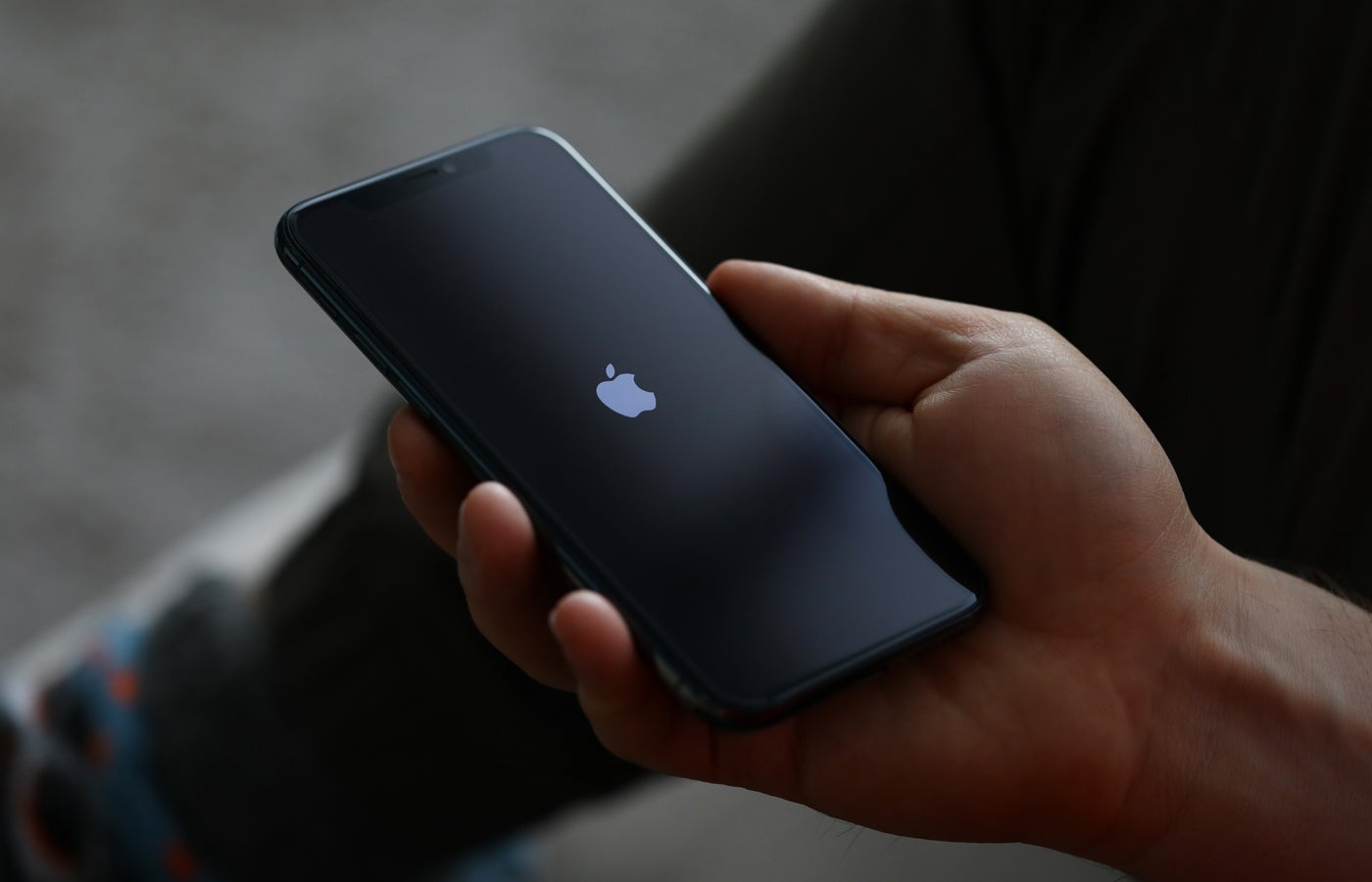Apple has just released its latest phone update, promising to bring more than just routine tweaks.
The update will introduce powerful new AI features designed to enhance user experiences and streamline daily tasks. With this update, the tech giant is also addressing widespread frustration with the Photos app, delivering a fix for the cumbersome changes introduced in iOS 18.1.
To check for a software update on your iPhone, visit Settings > General > Software Update.
Photos app update walked back
As either a business user or a consumer, you likely frequently scroll through videos to revisit your favorite memories or find assets for your next project. iOS 18.1’s Photos app changes looked slick but made navigating videos or finding specific time frames and folders more difficult. According to Yahoo News, iOS 18.2 reverts to the former UI design.
SEE: Upgrade to a MacBook Air M1 for $514.99
iOS 18.2 brings the second wave of Apple Intelligence and more
With the update, Apple users with the iPhone 15 Pro, 15 Max, or 16 will see new Apple Intelligence features. These include:
- Image Playground and Image Wand for AI-generated pictures.
- AI-generated emoji (“Genmoji”).
- Writing Tools (primarily variations on text summarization and rewriting).
- ChatGPT integration will make Siri’s responses more natural-sounding and flexible.
SEE: Does your business need a chief AI officer?
iOS 18.2 also includes non-generative updates such as:
- The Battery Intelligence widget to estimate battery life.
- New options for managing default apps.
- An option for sharing “Find My” data with a third party.
EU users and developers will see options to change default apps
iOS 18.2 (and iPadOS 18.2) also brings some changes to comply with European Union regulations about providing customers options.
The new OS will encourage users to choose from different web browsers, not just Apple’s Safari. Users can manually choose their preferred app marketplace and default to a contactless payment app instead of defaulting to Apple Pay. EU users can also delete the previously locked-in Apple App Store, Messages, Camera, Photos, and Safari apps.
Developers can use certain entitlements to make their apps eligible to be set as a default choice worldwide.
